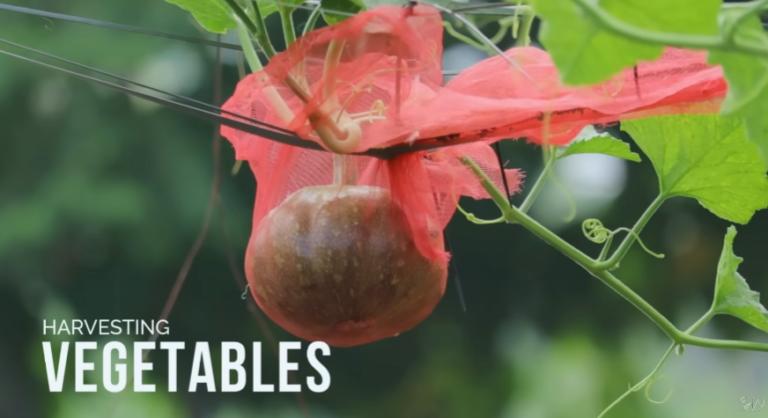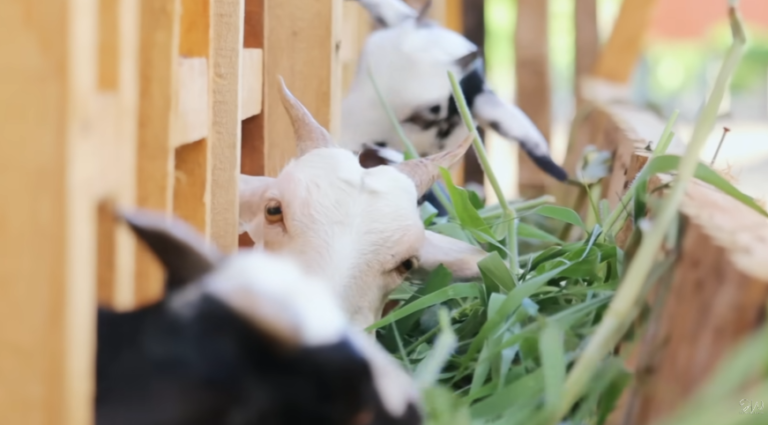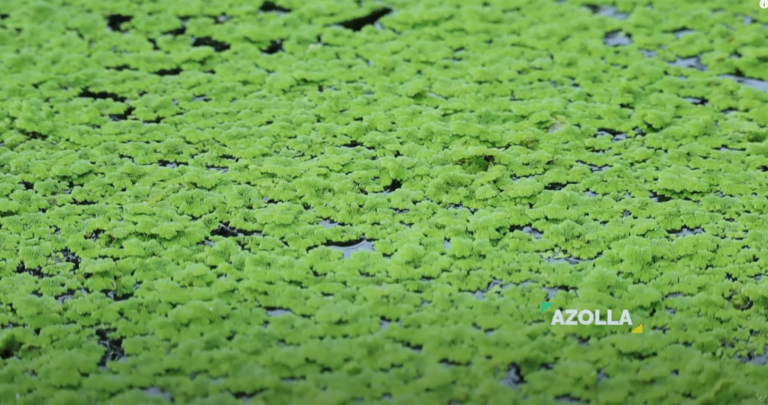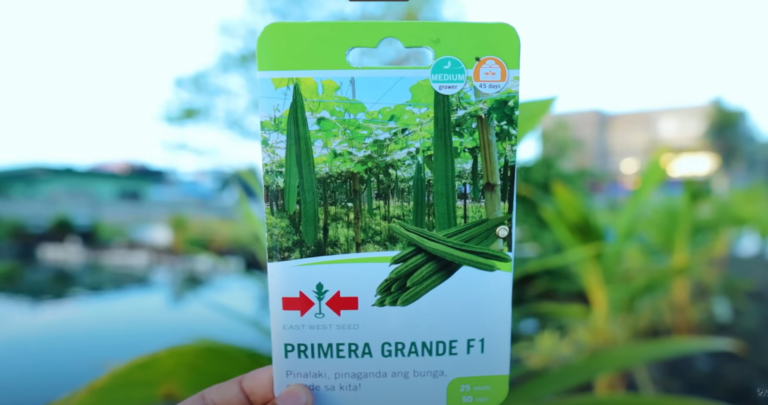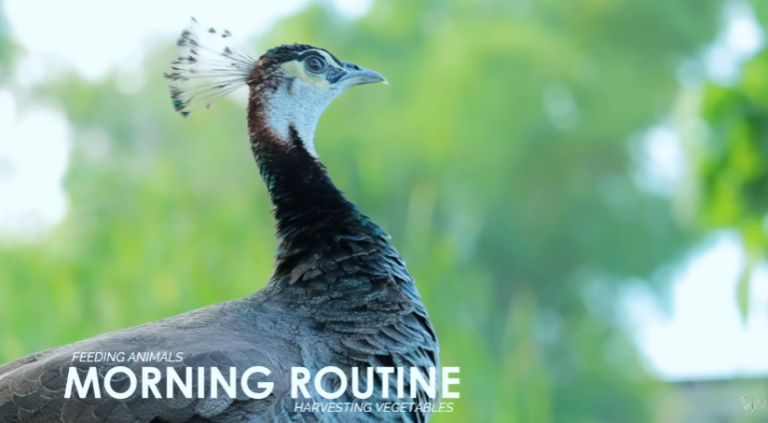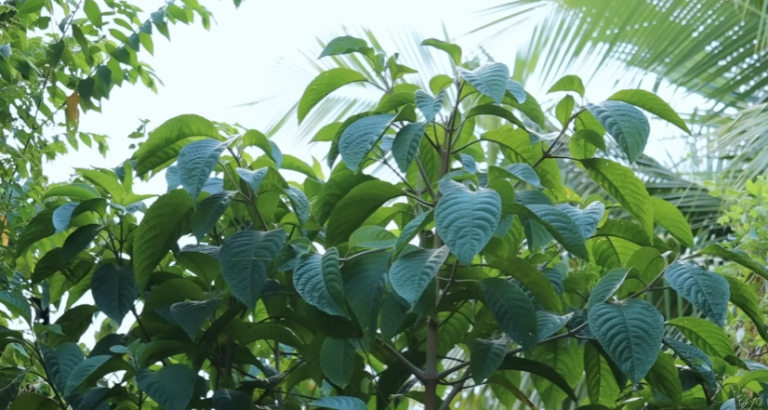Discover the Power of Integrated Farming: Dexter’s World Reveals Sustainable Food Sources
Hi everyone, Dexter here, and welcome back to another insightful journey into the world of integrated farming. Today, I’m thrilled to share with you some groundbreaking techniques and diverse food sources that fuel our farm’s success—feeding our animals nutritiously without breaking the bank!
A Cornucopia of Natural Food Sources
In the realm of sustainable farming, resourcefulness is key. Here on Dexter’s World, we utilize a variety of natural food sources that are not only cost-effective but also incredibly nutritious for our animals. Some of these include:
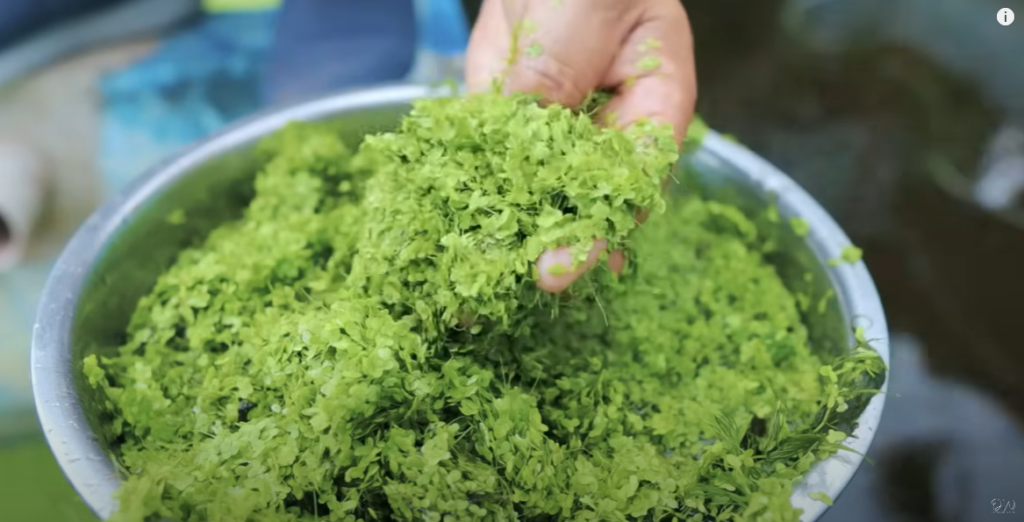
- Duckweed (Duids): An excellent protein source, ideal for fish like tilapia and catfish, as well as poultry.
- Azolla: A fantastic supplement, especially useful in aquaculture for its rapid growth and nutritional content.
- Taro & Banana Trunks: These provide bulk and nutrients, particularly useful for our larger animals.
By incorporating these diverse and readily available resources, we maintain a balanced diet for our animals while minimizing our food costs dramatically.
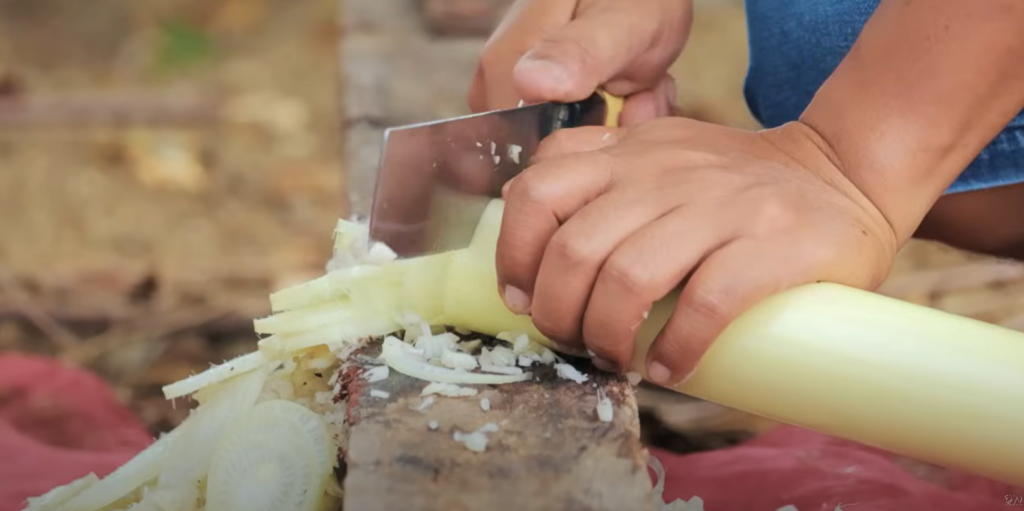
The Miracles of Tilapia Breeding
Today’s special focus is on tilapia breeding—a project that has seen exceptional success due to our natural approach to animal feed. Contrary to relying on costly commercial feeds, such as fry boosters or premium enhancers, we harness the power of natural foods like duckweed. This not only reduces our expenses but also supports a healthier, more sustainable growth cycle for the tilapia.
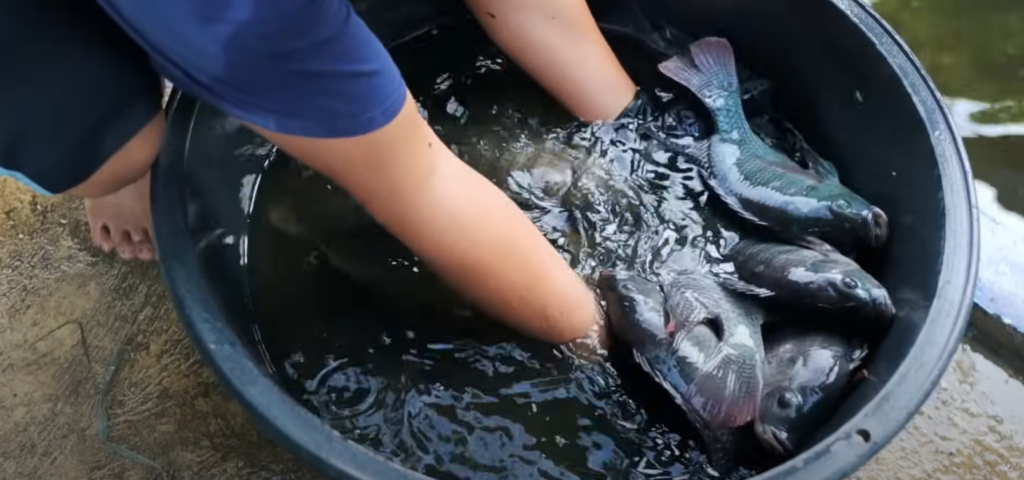
Key Benefits of Using Natural Feed:
- Cost Efficiency: Significantly lowers the cost of feeding, passing on the savings to other farm improvements.
- Healthier Livestock: Natural feeds ensure that our animals aren’t ingesting harmful chemicals.
- Sustainability: Reduces our ecological footprint by utilizing what nature provides.
How To Utilize and Maximize Natural Feeds
Let me walk you through some critical tips on effectively using natural feeds like duckweed:
- Sunlight Exposure: Ensure your feed cultivation areas receive adequate sunlight but avoid overheating to prevent tip burn and death of the plants.
- Regular Harvesting: Frequent harvesting encourages growth and maximizes yield. It ensures there’s always fresh feed available.
- Water Quality: Maintain clean water, especially if integrating feeds like duckweed into aquaculture systems. Good water quality is crucial for both plant and animal health.
- Frequent Water Changes: Similar to any aquatic environment, changing the water regularly prevents ammonia build-up and keeps your feeding systems healthy.
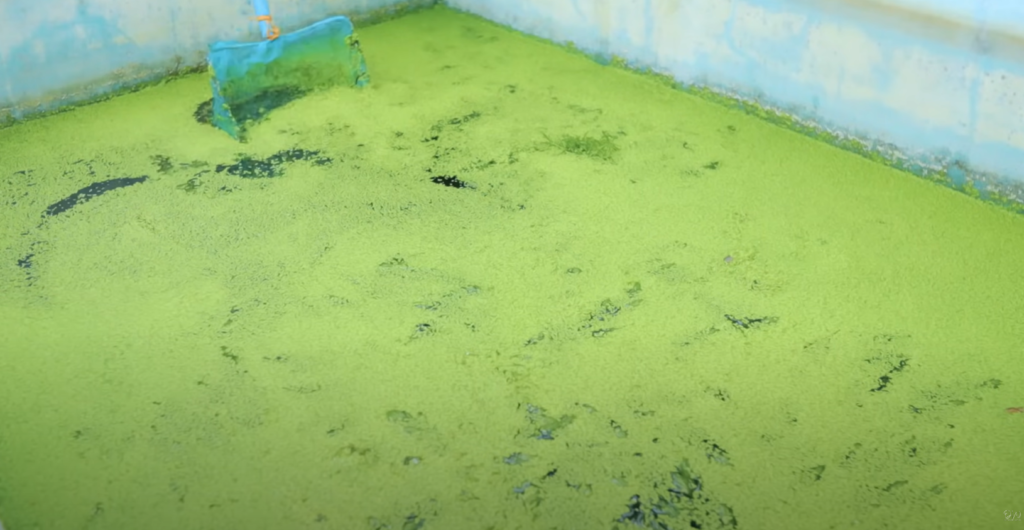
Join Dexter’s World for More Insights
This journey into the sustainable practices of Dexter’s World is just a snippet of what we do here every day. My goal is to inspire you to adopt similar practices, whether you’re a seasoned farmer or just starting out.
Remember, integrated farming is not just about cutting costs—it’s about creating a self-sustaining ecosystem that benefits every living thing on your farm. It’s about making the right choices for a healthier, more sustainable world.
If you found this video helpful and inspiring, don’t forget to like, share, and subscribe to our channel. Hit that notification bell to stay updated with our latest videos where we share more tips, tricks, and insights into sustainable farming.
Thanks for watching, and I look forward to seeing you in the next video, only here at Dexter’s World!


